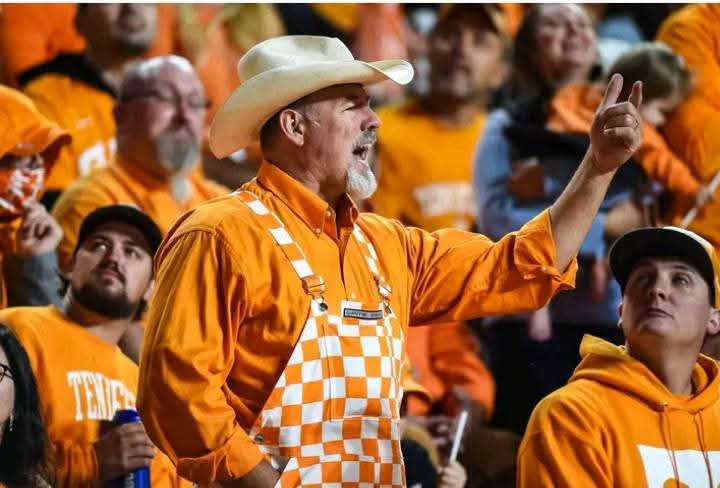“It’s Going to Be Good Business”: Ex-ESPN President Predicts Future That Will Frustrate Tennessee Vols and Major College Football Programs Alike
As the college football landscape continues its rapid transformation, former ESPN president John Skipper has added fuel to the fire with a bold prediction that’s already irritating fans and administrators alike — especially at powerhouse programs like Tennessee.
In a recent interview, Skipper addressed the direction he believes college football is heading in the wake of NIL deals, conference realignment, and the growing influence of television networks. While his words were grounded in business logic, the implications may not sit well with traditionalists or fanbases who fear the loss of what makes college football unique.
“I believe we’re moving toward a semi-professional model,” Skipper said. “The top conferences and programs will become more like media properties than collegiate teams. It’s going to be good business — for the networks, for the schools that can keep up. But for everyone else, including fans expecting parity and tradition, it’s going to be a tough pill to swallow.”
That comment — “It’s going to be good business” — struck a nerve, particularly among Tennessee Vols fans who view their program as rich in history, tradition, and pride. While Tennessee has made strides under head coach Josh Heupel and has returned to national relevance, the notion that only a few elite programs will benefit from this future model is unsettling.
Skipper’s forecast included the possibility of a revenue-sharing structure between players and programs, effectively formalizing a college football “super league” of 30 to 40 teams. The idea is that this top-tier group would dominate TV ratings and command massive media rights deals, while smaller programs — and even some traditional powers — could be left behind or marginalized.
“Once the top schools realize they don’t need the rest, they’ll break away,” Skipper added. “It won’t be called the NCAA anymore. It’ll be a media product driven by audience size, not conference alignment or geography.”
For SEC fans, particularly those supporting Tennessee, the suggestion that only the most media-attractive programs will thrive in the new model raises alarms. Despite Tennessee’s deep fanbase and iconic brand, years of inconsistency prior to recent success could potentially count against them in this new media-driven hierarchy.
College football, long rooted in regional pride, rivalries, and alumni passion, is increasingly being shaped by market forces. Skipper’s outlook, while realistic from a business standpoint, seems to ignore the emotional and cultural backbone of the sport.
“You’re talking about a game that has always meant more than just business in places like Knoxville, Tuscaloosa, Columbus, and Lincoln,” said one anonymous Power Five athletic director in response to Skipper’s comments. “If we lose that, we lose the soul of college football.”
Still, there’s no denying that media giants and financial powerbrokers are steering the future. With mega-conferences forming, athletes monetizing their personal brands, and schools chasing lucrative TV contracts, Skipper’s vision might not be far off — even if it’s unpopular.
For programs like Tennessee, the challenge will be clear: adapt, win, and maintain relevance in an increasingly commercialized sport, or risk falling behind in a system where tradition alone may no longer guarantee inclusion at the top.
Love it or hate it, as Skipper noted, “It’s going to be good business.” But for many fans, that’s precisely the problem.
